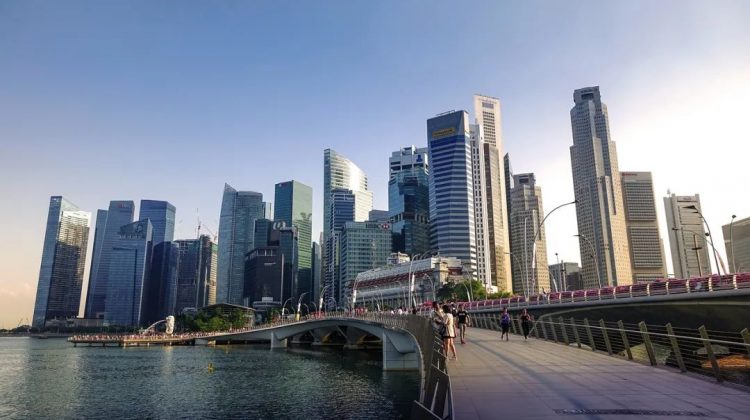
Enterprises Flock to SG: Which Industries are More Suitable?


 The Singapore government actively encourages Chinese digital technology companies, having made a commitment of SGD 500 million in March 2019 to support the development of digital technologies, including artificial intelligence, supercomputing, and robotics. Leveraging respective strengths in the digital technology field, China and Singapore can collaborate for mutual benefit, creating a brighter future for the industry.
The Singapore government actively encourages Chinese digital technology companies, having made a commitment of SGD 500 million in March 2019 to support the development of digital technologies, including artificial intelligence, supercomputing, and robotics. Leveraging respective strengths in the digital technology field, China and Singapore can collaborate for mutual benefit, creating a brighter future for the industry.

Taxation Considerations: Singapore’s tax system is straightforward, featuring a single tax type—corporate income tax. Currently set at 17%, Singapore’s corporate income tax is the lowest in Asia, second only to Hong Kong’s 16.5%. Additionally, businesses that meet certain criteria, such as setting up headquarters or establishing a research or technology team in Singapore, can apply for tax incentives, potentially reducing the corporate income tax rate to 10% or even 5%. For international trade-focused companies, Singapore’s numerous free trade agreements can significantly reduce tariffs or value-added tax.
Local Director Requirement: Establishing a company in Singapore requires having a local director, such as a Singapore citizen, permanent resident, or an employee with a valid employment pass. If unavailable, various service providers offer temporary local director services to help businesses find a suitable local director upon landing in Singapore.
